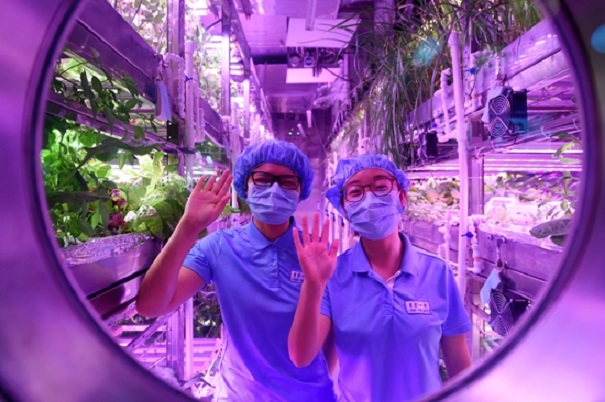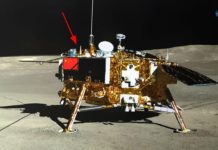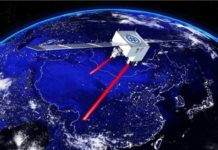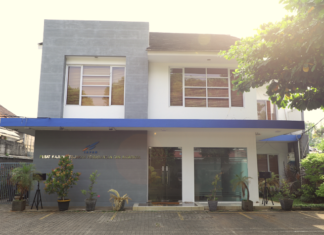On May 10, the “Yuegong 365” project was officially commenced when the first batch of four volunteers (Liu Hui, Liu Dian Lei, Hu Jing Fei, Gao Han) entered the simulated space cabins of Beijing University of Aeronautics and Astronautics’ Yuegong-1 facility. They will be joined by another four volunteers, and in the next 365 days, partake in the longest duration and most enclosed research in a Bioregenerative Life Support System (BLSS) environment.
Principal Scientist Liu Hong, the chief designer of Yuegong-1 explained that this experiment involves four individuals for 365 days, in a cabin of eight volunteers divided into two groups, and setup in three classes, whereby there will be intensive research, lessons, and other activities.
Liu Hong also mentioned that the current research is to utilize their invention, “Permanent Astrobase Life-support Artificial Closed Ecosystem” (PALACE) to see if they are able to unravel aspects that had not been tackled before in the previous research — for example, in verifying and exploring multiple deep space life sustaining technologies, maintaining their standards, and developing long term human habitation technologies enabling their survival on the Moon and Mars, and therefore promoting the technological advancement of China aerospace.
It was reported that China is the only country other than America and Russia that possesses the technology to build an “Integrative Experimental Facility for Permanent Astrobase Life-support Artificial Closed Ecosystem Research” like “Yuegong-1”. This is a significant research that will play an important role in contributing to the China’s Lunar mission and Mars exploration programs, in terms of sustaining life, enabling health and ensuring safety of the crew members in the missions. “Bioregenerative Life Support System (BLSS)” is one of the most advanced closed ecological life support systems, and one of the major of the top ten crucial technologies needed in the setting up of bases for the Moon and Mars missions and explorations in the future, and one on the highest priority due to its complexity and technical difficulties.
Since 2004, after nearly 10 years of struggle, Liu Hong’s team had established the theories and technical system for the life sustainability in space, and in October 2013 developed a comprehensive foundational test system “Yuegong-1”, which was successfully conducted between January to May 2014, the first long-term highly enclosed integrative test high degree of closure of the integrated test for a period of 105 days.







